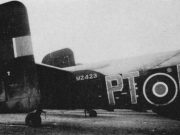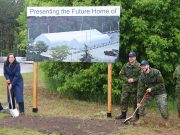
How Col Bob Baxter (retired) served in the CAF since the age of 16
In a time when Barrie, Ont. had a population of about 15,000 people, veteran Colonel Bob Baxter joined the CAF through the Royal Canadian Army Service Core (RCASC) Apprenticeship program in 1956 when he was 16 years old in CFB Borden.
As the Canadian military’s technological capabilities grew, it required better education for its soldiers and the apprenticeship program posed as a solution by allowing young high school boys to earn income, train and learn a trade.
“Most of the kids were from middle or lower-income families,” said Baxter. “There were brochures everywhere and recruiters came into the school. I can still see the brochure. It said, ‘The way to a fine future’. You had to have grade eight, which was very low, especially nowadays. Most had grade 10.”
The apprenticeship program was cancelled in 1967 due to the rising costs that came with recruiting, educating and training so many young soldiers. It made more sense to recruit already educated individuals locally. According to Baxter, he only has positive memories and good things to say about his time at ‘Camp Borden’, as he called it.
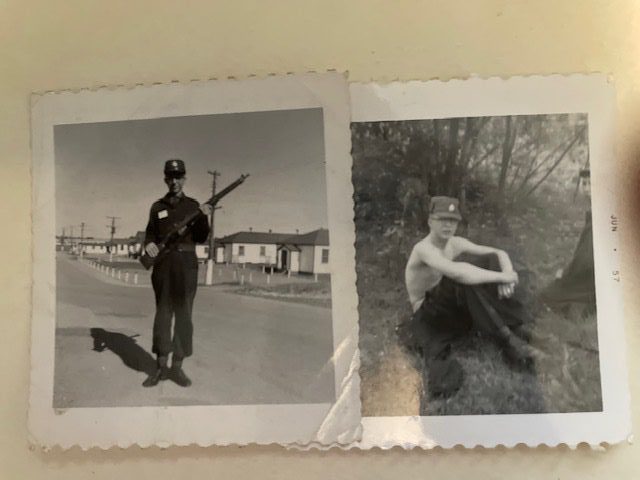
B. Baxter undergoing Exercise Green flash in 1957 on CFB Borden (Courtesy of Bob Baxter)
After over 50 years of service including the regular force army reserves and honorary Colonel of three units, Baxter recalls that training on CFB Borden was a difficult adjustment to make from regular high school life.
“Don’t get me wrong,” Baxter said. “[it was] the first couple of weeks in Camp Borden and I wished to Hell I wasn’t there. I remember the first morning when they came around banging on the bed at 6:15a.m. to get up. I thought the guy was crazy but I sure as hell was up the next morning!”
According to Baxter, despite some kids not having the happiest of childhoods, there were nearly 120,000 apprentices who lived healthy lives across the CAF while learning valuable skills and disciplines. This training took place at six locations across Canada from Montreal to Chilliwack.
“It was back in the days when you wrote home every week and got a letter from home,” Baxter said. “I shouldn’t say that because some kids never ever got a letter, but most kids did. You know, sometimes you wonder about kids and their early lives because I basically had a happy childhood and I know some people didn’t.”
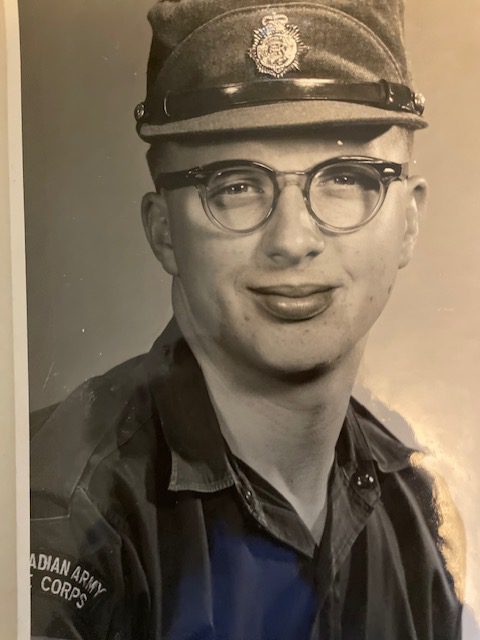
Subjects such as mathematics (geometry and algebra), physics, chemistry and English or French were emphasized in the classrooms as the technology increased at this time and education needed to become more advanced.
Apprentices had to undergo the same physical training as regular recruits and during the program, after basic training, scheduling would alternate between two and three days of schooling per week. The young men in Borden were also trained in a variety of trades such as cooks, transport operators and administrative clerks.
“After you get through the first month, then you’re there to stay… There were some kids who were never going to make it physically or otherwise and they fell by the wayside,” Baxter explained.
Throughout his career in the CAF, Baxter served twice in Germany, Edmonton, Calgary with four different jobs including CO 1 Service Battalion, Regina, Golan Heights, Army Headquarters and National Defence Headquarters.
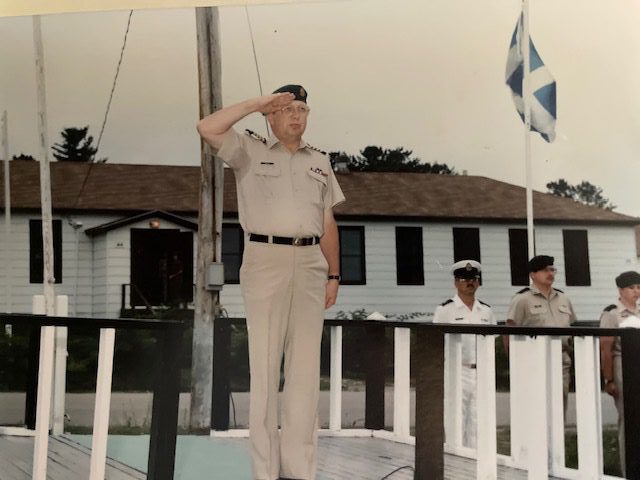
He returned to CFB Borden in 1986 as Chief Instructor at the CFLTC, retiring in 1989.
During his time as an apprentice, Baxter credits his platoon commanders and NCOs that helped him instill a hardworking attitude towards his skillset and education; a motivated mentality that served him well throughout his time with the CAF.
By Caleb Hooper




